SEPARATION SYSTEMS
Navigating the intricate processes in chemical manufacturing requires efficient, precise, and reliable equipment. This is especially true when it comes to the pivotal role of separation systems.
These sophisticated devices are crucial in chemical manufacturing, designed to separate desired products from co-products and unreacted feedstock materials. At Applied Catalysts, we recognize this pivotal role and thus offer an extensive range of top-tier separation systems.
These systems, available as standalone applications or in harmony with reactor systems, cater to various industries, from pharmaceuticals to food and beverage and even biomolecular applications.
When To Use Separation Systems
Separation Systems are integral to a variety of industries that involve the processing of complex chemical mixtures.
These industries require precision, efficiency, and reliability in their processing equipment.
Here are some scenarios when separation systems become indispensable:
Pharmaceutical Production: The creation of medicinal products often involves complex chemical reactions. Separation systems are used to isolate the desired active pharmaceutical ingredients from by-products and unreacted feedstock.
Specialty & Fine Chemicals: In manufacturing specialty and fine chemicals, it is vital to achieve high purity levels. Separation systems enable the segregation of desired chemicals from unwanted substances, ensuring the quality of the final product.
Food & Beverage: Ensuring the safety and quality of food and beverage products often involves removing impurities or separating mixtures into their individual components. A separation system can help achieve this efficiently and hygienically.
Biomolecular Applications: In biotechnology and life sciences, separation systems are crucial for extracting valuable biologically derived compounds from complex mixtures, such as specialty chemicals that are most economically derived from bio-organisms.
Industrial Chemicals & Basic Materials: Molecules are basic materials necessary for almost everything in modern life. More valuable molecules & materials need to be separated from substances of less value. For the production of Specialty Chemicals, Fine Chemicals, and Commodity Chemicals separations are a necessary part of the process. After a chemical reaction occurs, the resulting mixture often contains both the desired product and a variety of by-products. Separation systems are essential for isolating the desired product and removing or recycling unreacted feedstock and separating co-products to obtain desired purities.
Bring Us Your Challenge
Benefits of Separation Systems
Utilizing advanced separation systems brings a multitude of benefits to various manufacturing processes. These benefits can impact not only the quality of the end product but also the efficiency of the production process and the overall sustainability of operations. Here are the key advantages of implementing separation systems:
Improved Product Purity
Separation systems enable the extraction of high-purity end products by effectively removing co-products and unreacted feedstock. This results in higher product quality, which is especially crucial in pharmaceuticals, fine chemicals, and food & beverage industries.
Efficient Resource Utilization
By separating unreacted feedstock from the end product, these materials can be recycled back into manufacturing. This leads to significant savings in raw materials and overall operational costs.
Energy Efficiency
Modern separation systems, like the ones provided by Applied Catalysts, are designed to optimize energy usage. For instance, energy-efficient distillation columns minimize the energy required for heating and cooling processes.
Scalability & Flexibility
Our separation systems can be delivered as fully modular production units or as technology packages, offering flexibility based on your operational needs. This modularity allows for easy expansion or modification as your business grows or as market demands change.
Performance Guarantee
At Applied Catalysts, we stand behind the performance of our separation systems. We provide Process Performance Guarantees, reinforcing our commitment to delivering reliable and efficient solutions that meet your requirements.
Broad Applicability
Separation systems play a key role in pharmaceuticals, specialty & fine chemicals, food & beverage, or biomolecular applications. The versatility of these systems makes them a valuable asset in a wide range of industries.
Examples Of Separation Equipment We Provide
Separation equipment can take on various forms depending on the specific requirements of the process. Applied Catalysts provides an array of high-quality separation equipment, tailored to meet the diverse needs of multiple industries.
Why Applied Catalysts
For Separation System Builds
Choosing Applied Catalysts for your separation system needs offers numerous benefits. We bring to the table an exceptional blend of technology, expertise, and commitment to customer success. Here’s why Applied Catalysts should be your trusted partner:
01
Versatility
Our wide range of separation systems caters to diverse applications in pharmaceuticals, specialty & fine chemicals, food & beverage, and biomolecular applications. We offer standalone applications or systems integrated with reactors, delivering solutions that best meet your needs.
02
High-Quality Equipment
Our separation equipment is designed with precision, using state-of-the-art technology and built to the highest standards of quality. This ensures reliable and efficient performance.
03
Process Performance Guarantees
We have full confidence in our products and provide Process Performance Guarantees. We are committed to delivering systems that perform optimally in line with your specific process requirements.
04
Flexible Delivery
Our separation systems can be delivered as fully modular production units or as technology packages for Engineering, Procurement, and Construction (EPC) companies. This flexibility allows us to cater to your unique needs and operational constraints.
05
Extensive Industry Knowledge
With years of experience and a team of experts, we bring extensive industry knowledge to your project. Our team works closely with you, offering advice and recommendations to ensure your separation system meets your exact requirements.
06
Uncompromised After-Sales Support
Our commitment to our clients extends beyond sales. We offer comprehensive after-sales support, including maintenance services and operational guidance to ensure your system operates at peak performance.
Our Process For Building Catalyst Batch Reactor Systems
Process Catalysts
Metal Oxide Catalysts (MOC)
MOC products offer advantages as it can be used in both reductive and oxidative environments. Other advantages include high strength, attrition resistance, and tunable surface properties for various applications.
Custom Catalysts
Delivering on a foundation of catalyst development of over 30 years, we offer monolith-based, particulate catalysts, PGM, and base-metal catalysts.
Activated Carbon Monolith Catalysts (ACMC)
At Applied Catalysts, we strive to meet the unique needs of every customer. Whether you have a particular catalyst type in mind or need some additional guidance, we can help find the best solutions through all stages, from development to commercialization.
Granular Activated Carbon Catalysts (GACC)
GACC products have a high surface area and inert support for numerous catalyst applications. We can help you develop, test, and deliver the right catalyst.
Systems
Modular Process Systems
Applied Catalysts offers catalyst development services based on heterogeneous catalysts. Combining our testing services with our catalyst development services accelerates project success and maximizes value creation for the customer.
CATALYST DEVELOPMENT SERVICES
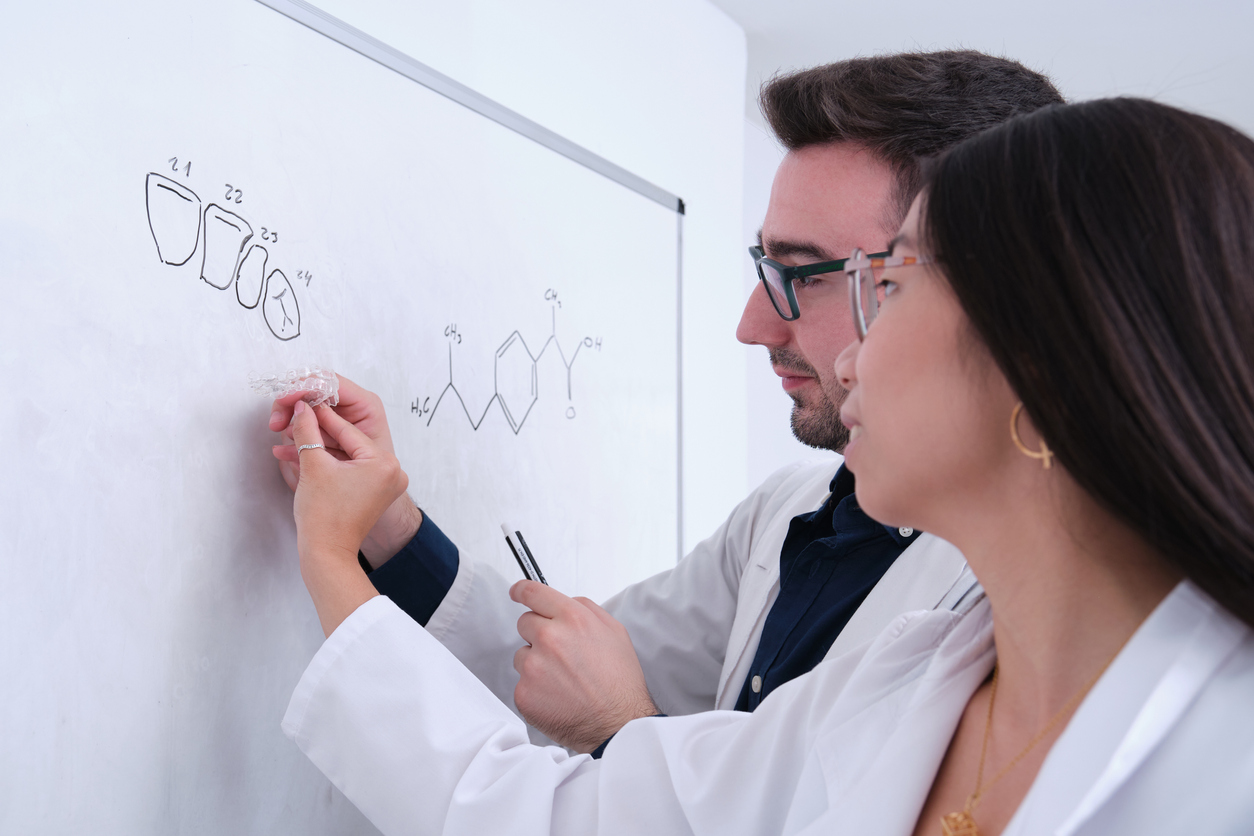
Catalyst Development
Applied Catalysts offers catalyst development services based on heterogeneous catalysts. Combining our testing services with our catalyst development services accelerates project success and maximizes value creation for the customer.
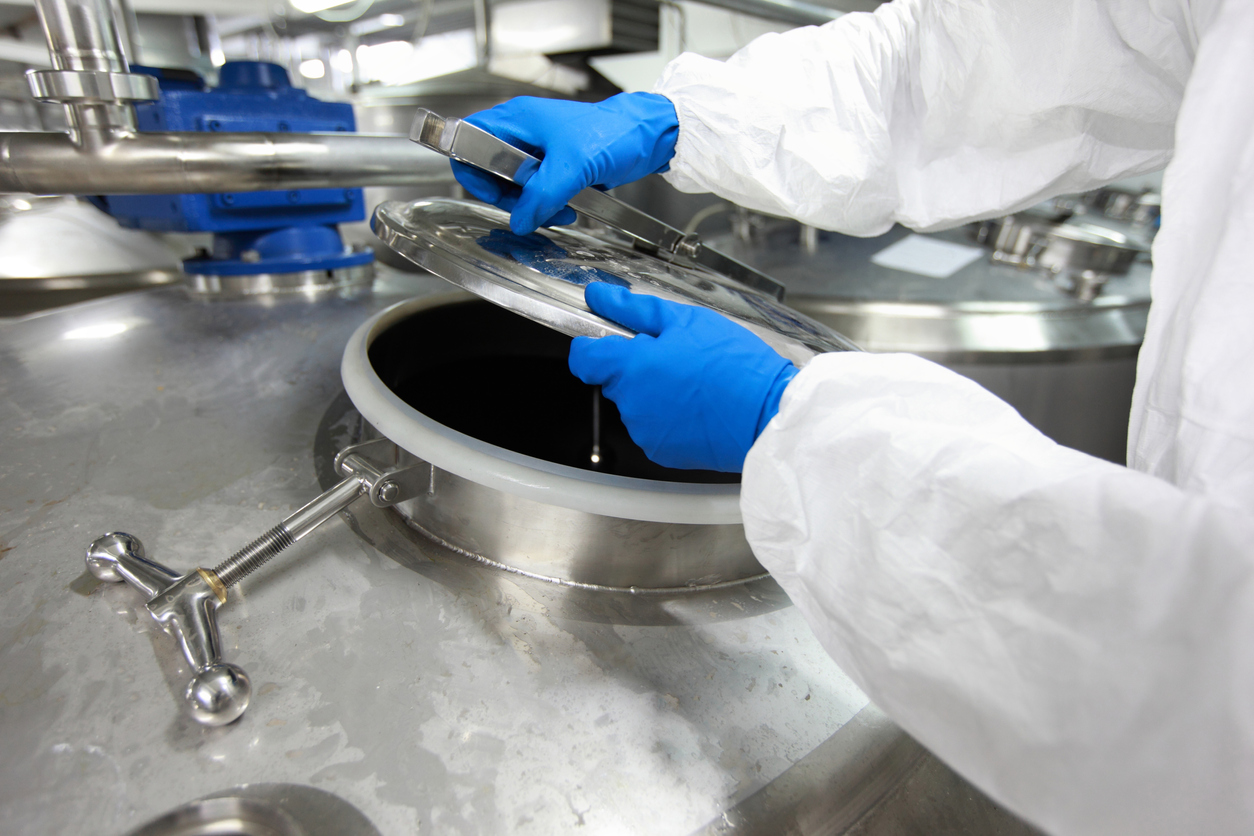
Catalyst Sourcing
There will be times when alternate suppliers are needed. As a supplier of catalyst and process technology ourselves, we can help customers source catalysts and chemicals in many areas.
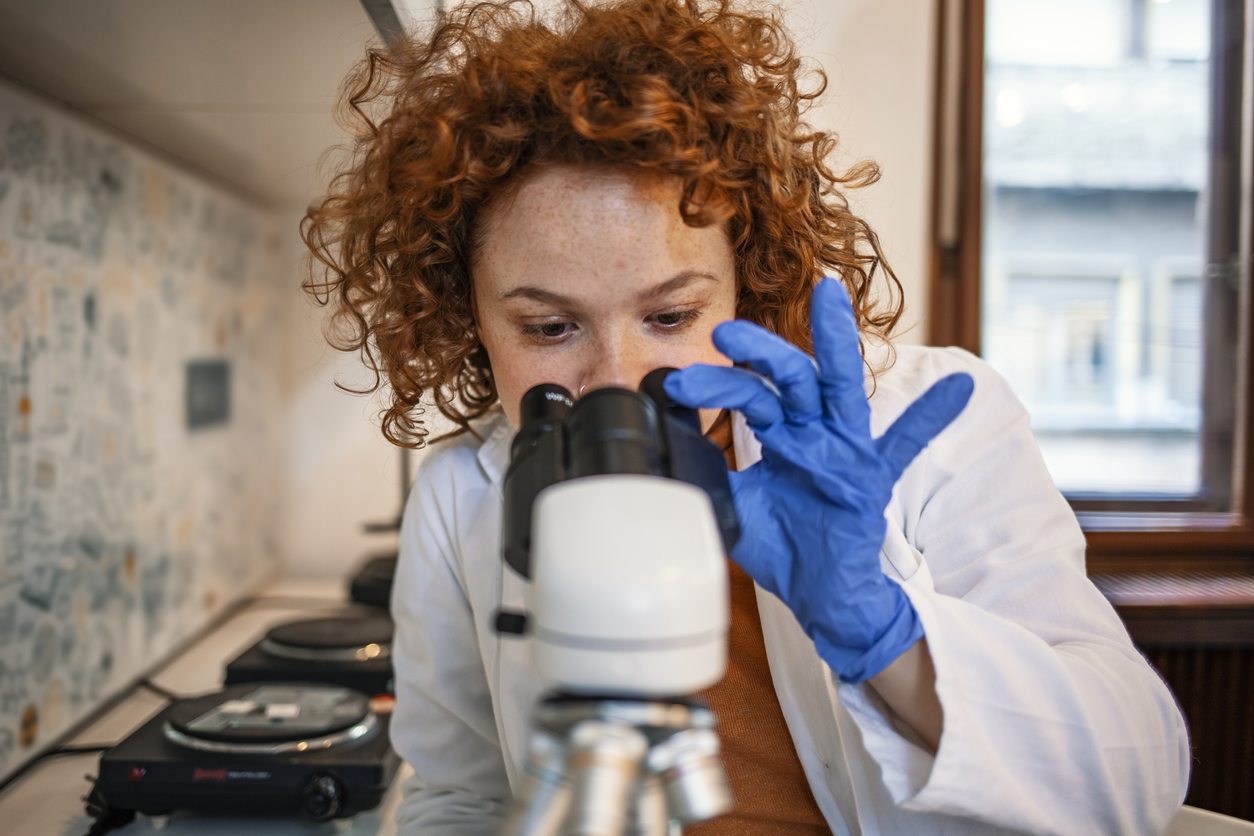
Catalyst Testing
We offer lab-scale and show-tube scale testing of hydrogenation and other chemical processes under reductive or inert conditions. Other chemistries can also be run by request.
CATALYST SYSTEMS
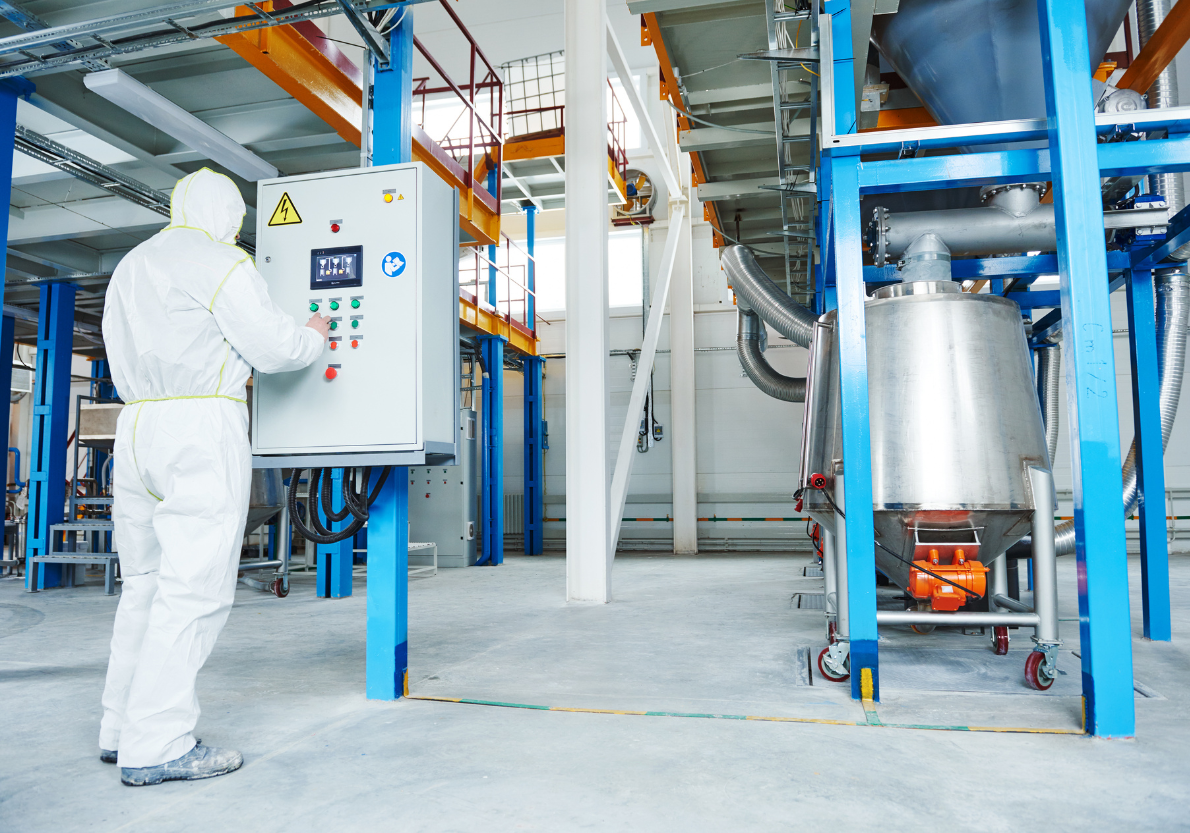
Batch Reactor Systems
Batch reactor systems offer a reliable and flexible way to manufacture a wide range of chemical products and allow for better control over each reaction step, making them an ideal choice for many chemical manufacturers.
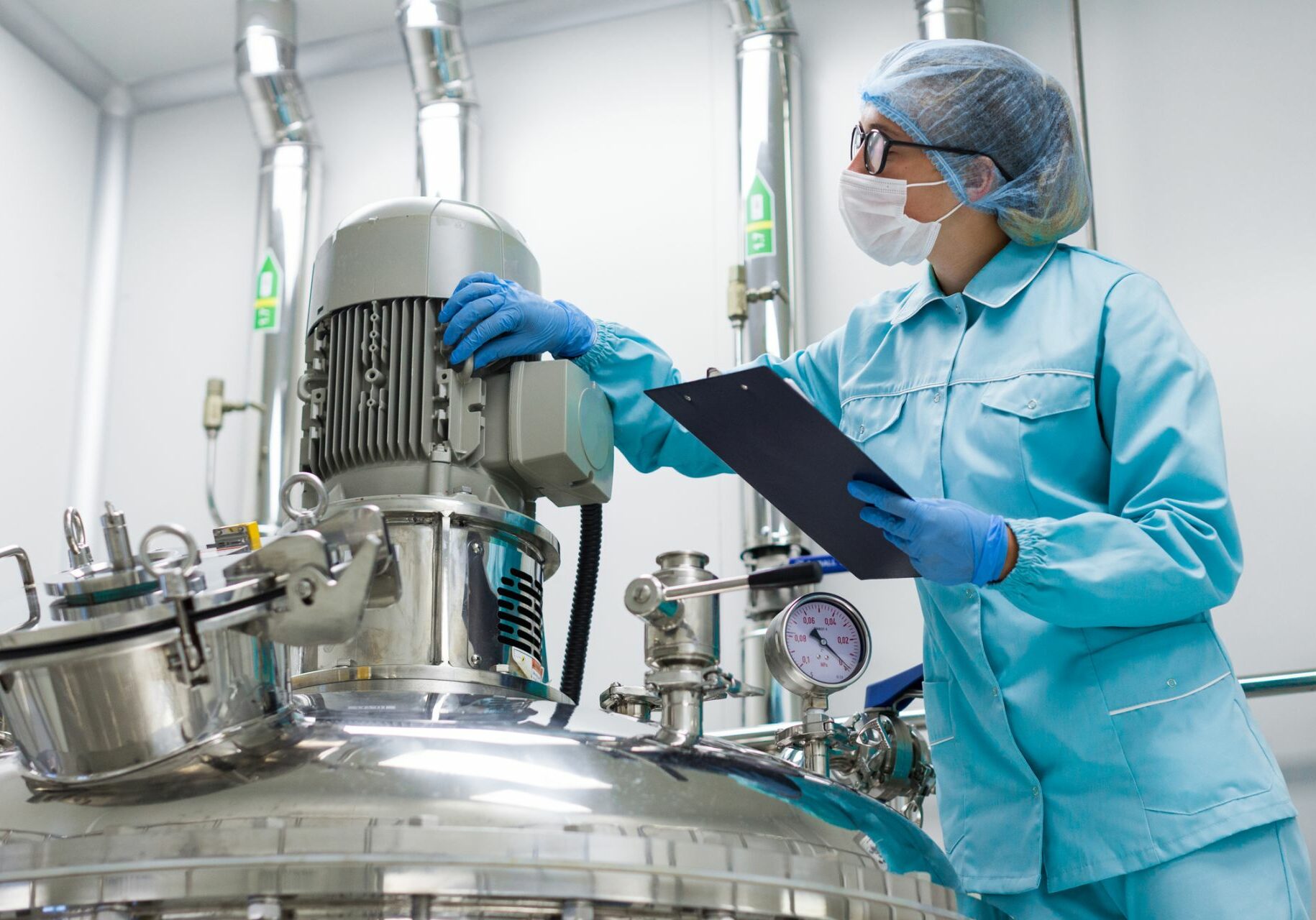
Continuous Reactors
Our continuous reactor systems offer productivity, reliability, and cost advantages for chemical manufacturing. Turn-key systems can be delivered.
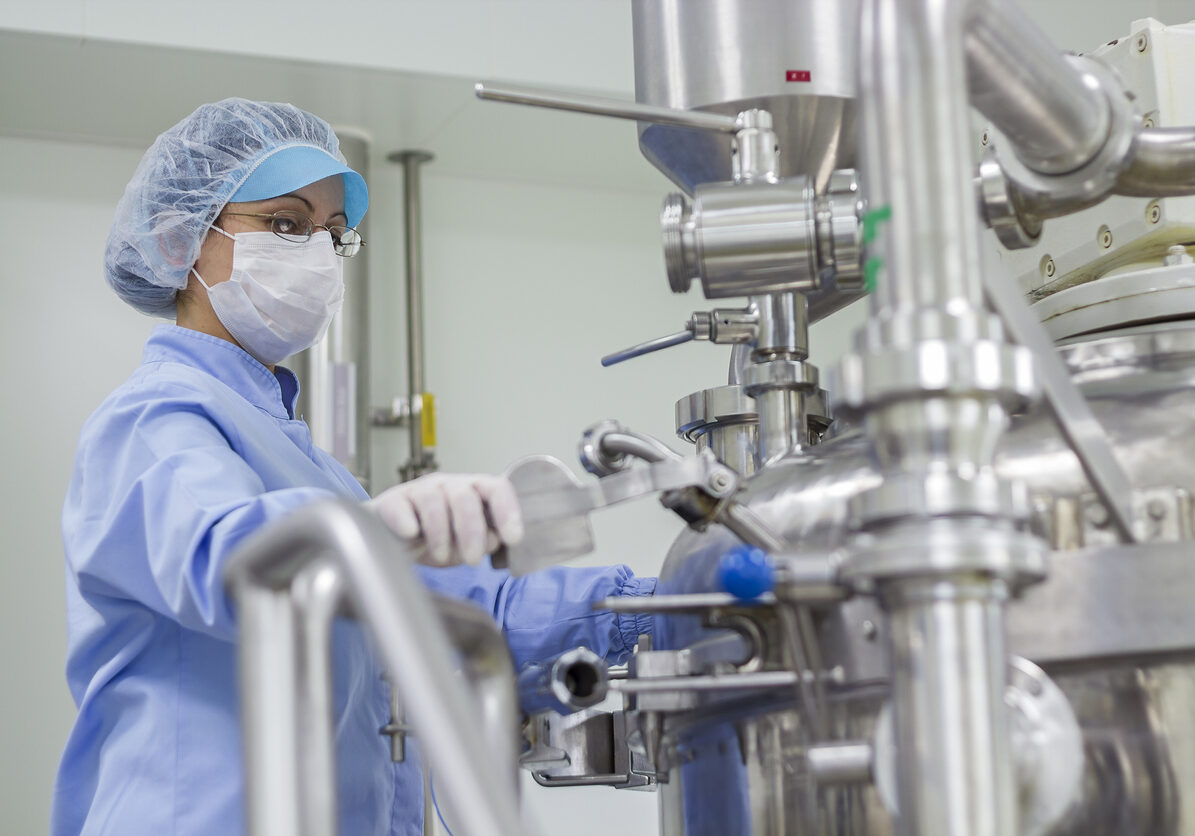
Modular Process Systems
Designed for flexible just in time manufacturing, our modular process systems are the perfect tools for increasing productivity and driving profitability.
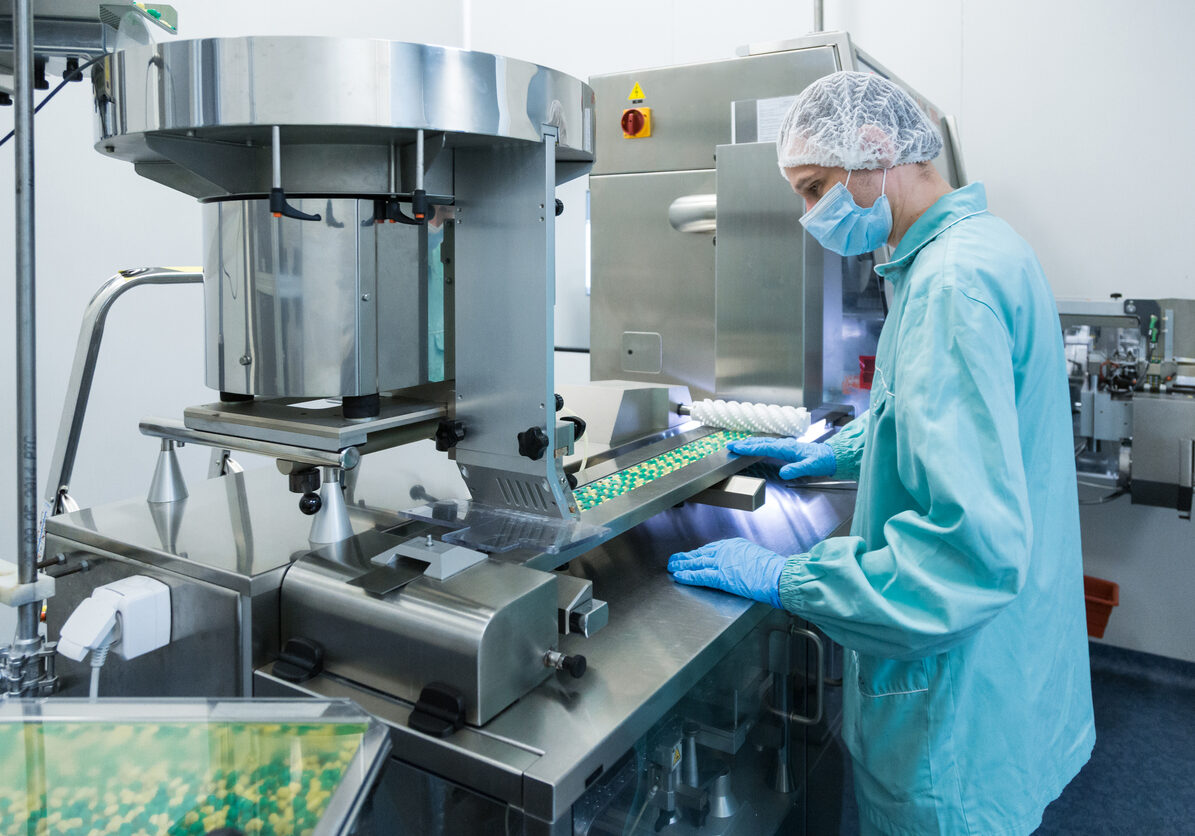
Separation Systems
Separation Systems are integral to a variety of industries that involve the processing of complex chemical mixtures that require safe, efficient, and reliable process equipment.
APPLICATIONS + INDUSTRIES SERVED
Process - Performance Guaranteed Separation Systems
We give our clients the peace of mind that they need to invest in our equipment, knowing that it will perform as intended and meet their production goals.
-
Rapid changeover from one chemistry to another
-
Just-in-time manufacturing
-
Seamless process scaleup
Bring Us Your Challenge
